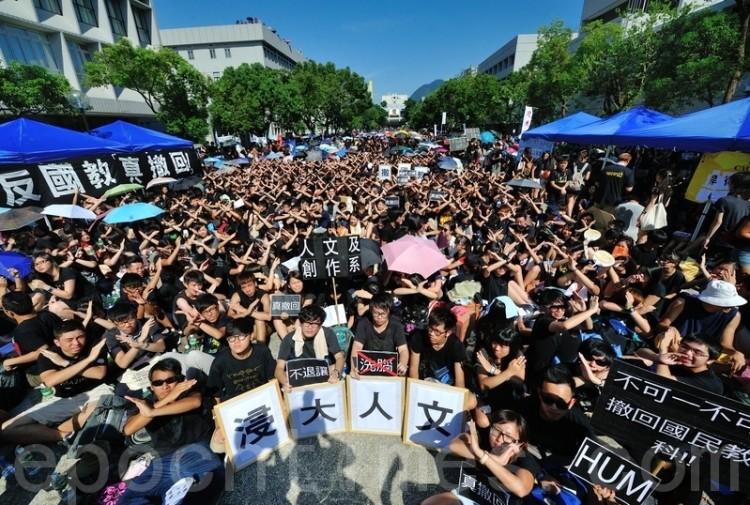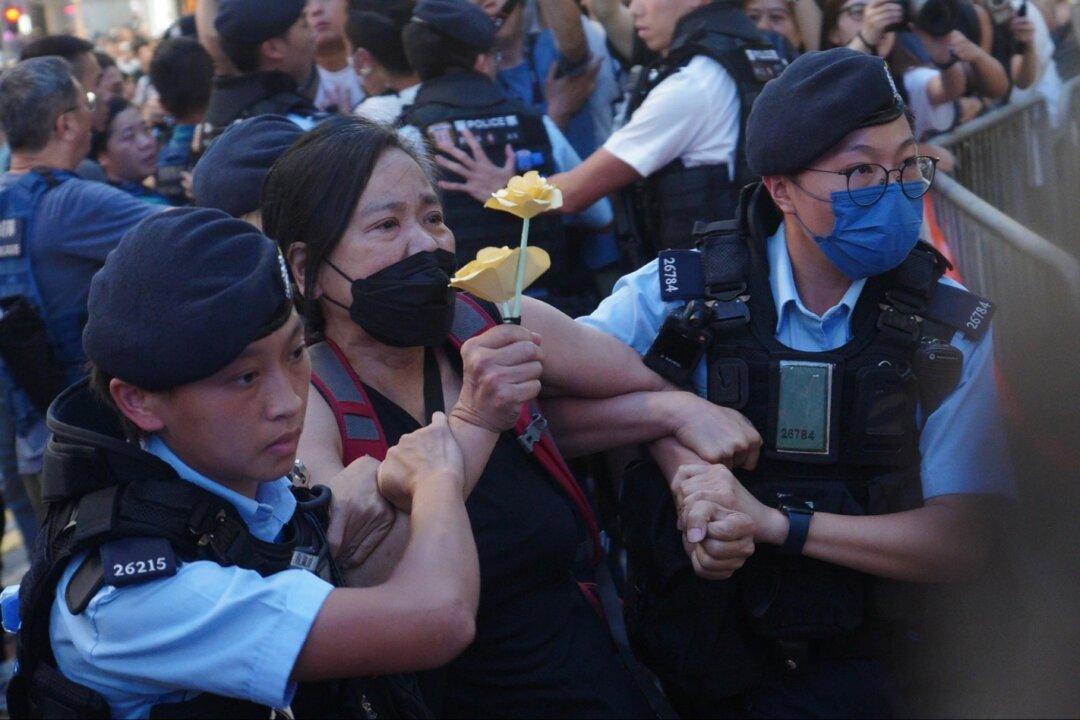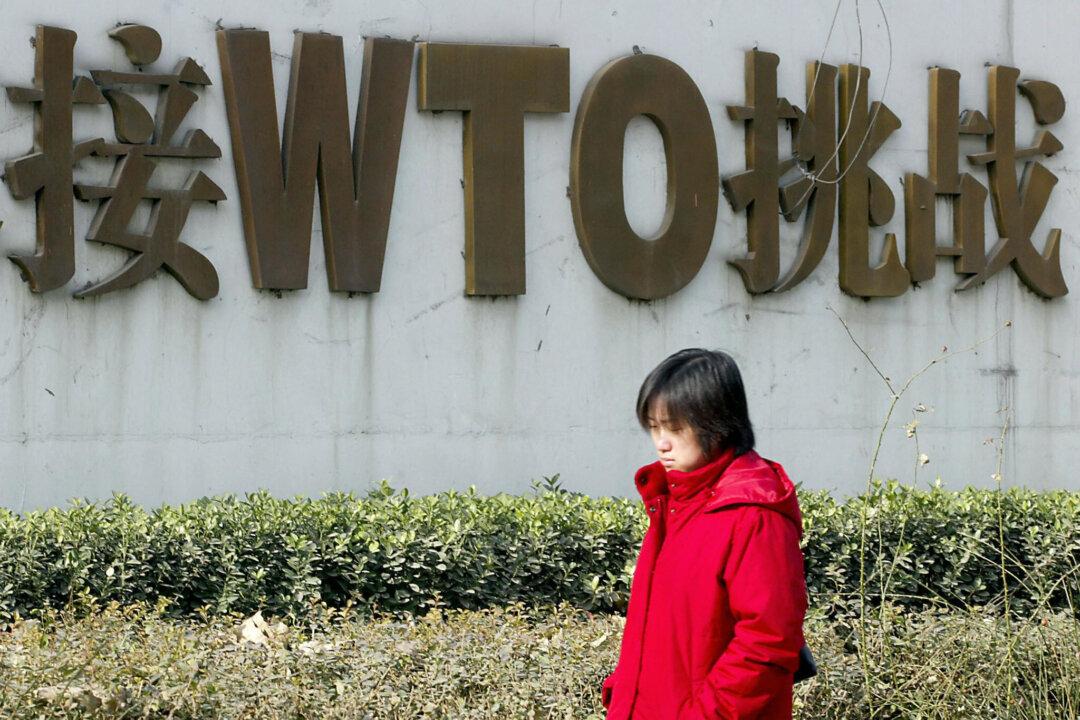Commentary
On April 21, the Hong Kong Diploma of Secondary Education examination (Hong Kong’s university admission examination) began, starting with English Language. As Hong Kong has gone “from chaos to governance, and from governance to prosperity,” as claimed by the government, the exam was not expected to have any abnormalities that would cause public attention. However, it turned out otherwise. After the exam, many candidates flocked to the archived Instagram of Michelle Obama, whose memoir extract was used in the exam paper, and they accused it as too difficult to understand. The language they used was savage and even racist.





